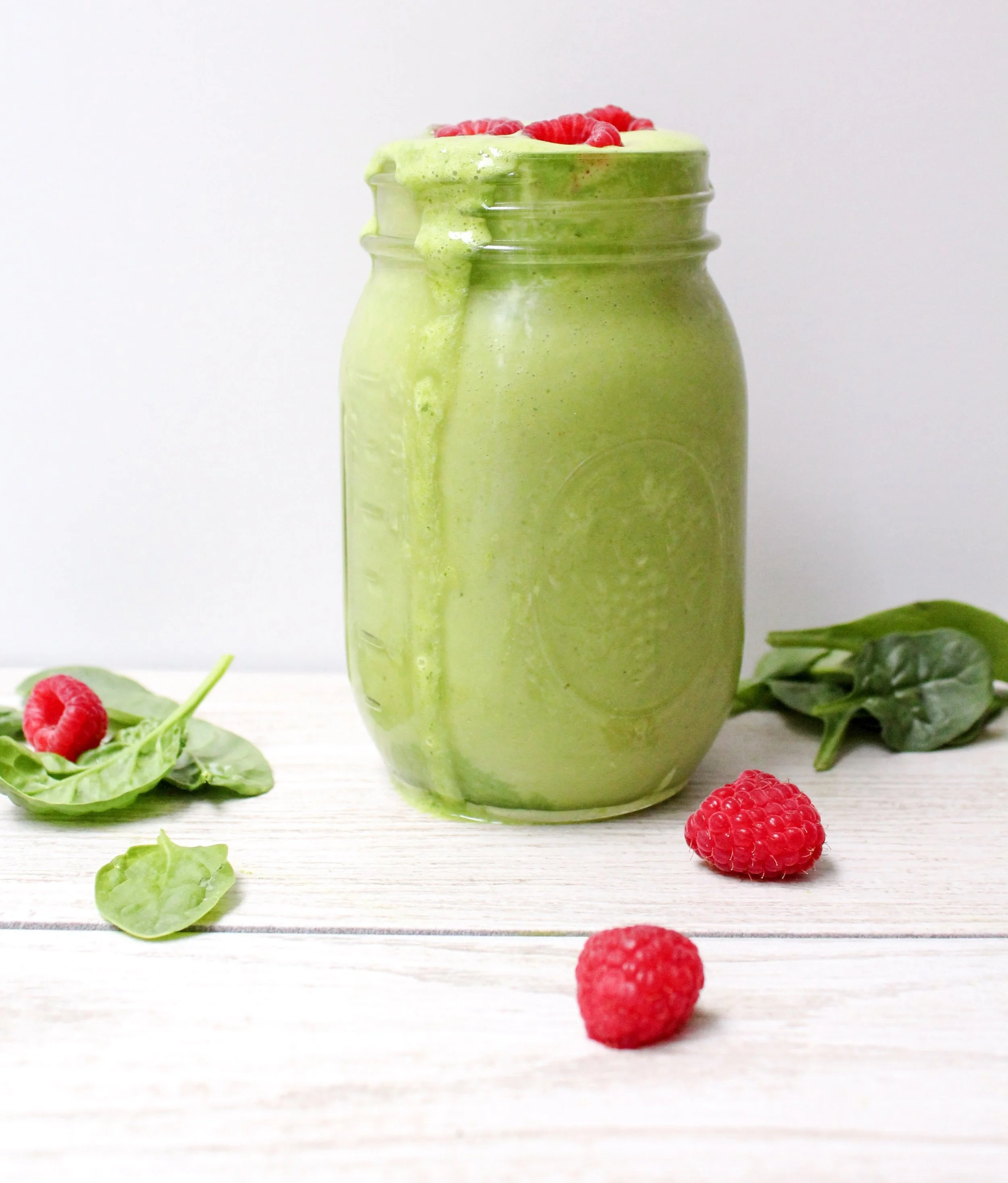Why Nutrition Is So Confusing
Since when did eating get so complicated?
Paleo, gluten-free, keto, vegan, non-gmo, detox, low-carb, cleanse, Whole30, intermittent fasting, and organic are just a few of the latest diet trends and buzzwords. They can make you dizzy trying to make sense of them all. Butter was bad and now it is good, eggs might be the latest food on the chopping block, and coconut oil is not so miraculous after all.
Between conflicting research, deceptive marketing, and unprofessional sources, it is no wonder we as a society are quite confused about how to eat well. This confusion is due in part to the complexities of nutrition science. Establishing cause-and-effect relationships and accounting for various lifestyle factors can be difficult, as nutrition research is often done through observational studies or imprecise dietary intake surveys (but there is still good research out there!). Not to mention, nutrition is a relatively new science so new findings and exciting discoveries are to be expected.
However, much of the confusion results from our desire for quick fixes and cure-all answers to our diet woes. And I don’t blame us. Trying to eat well and make healthful lifestyle changes is hard, especially while trying to navigate unhealthy food environments and balance money, work, family, friends…the list goes on and on. As a result, media outlets and food companies sell us catchy headlines and simple solutions we are eager to eat up. Headlines like “Don’t Fear the Fat: Experts Question Saturated Fat Guidelines,” and “Oh No: Latest Study Says Eggs Are Bad For You Again” add to the confusion by oversimplifying and miscommunicating complex studies. Packaged foods laden with nutrition buzzwords convince us certain ingredients are the key to better health. This misinformation is then perpetuated as self-proclaimed wellness experts swear by certain foods and diets.
Suddenly, the question of “what do I eat?” becomes difficult to answer.
But not all hope is lost. Instead of being overwhelmed by the latest diet trends and headlines, let’s get back to the basics. Consuming a variety of real whole foods is the basis of any healthy sustainable diet and is sure to provide many of the beneficial nutrients you need. In the quest for perfect health we lose perspective. With diverse genetics, lifestyles, environments, and cultures, we can’t expect a specific nutrient, food, or diet to be the singular solution. So, let’s not allow the details inhibit us from taking simple steps to improve our health.
There may not be a quick fix, but it can be simple. As food journalist Michael Pollan states, “Eat food. Not too much. Mostly plants.”








